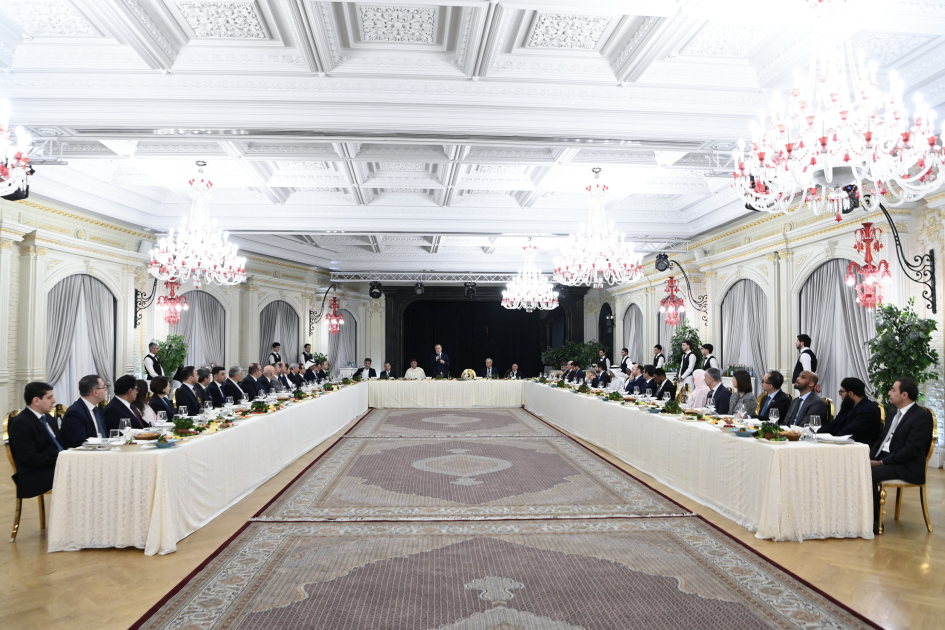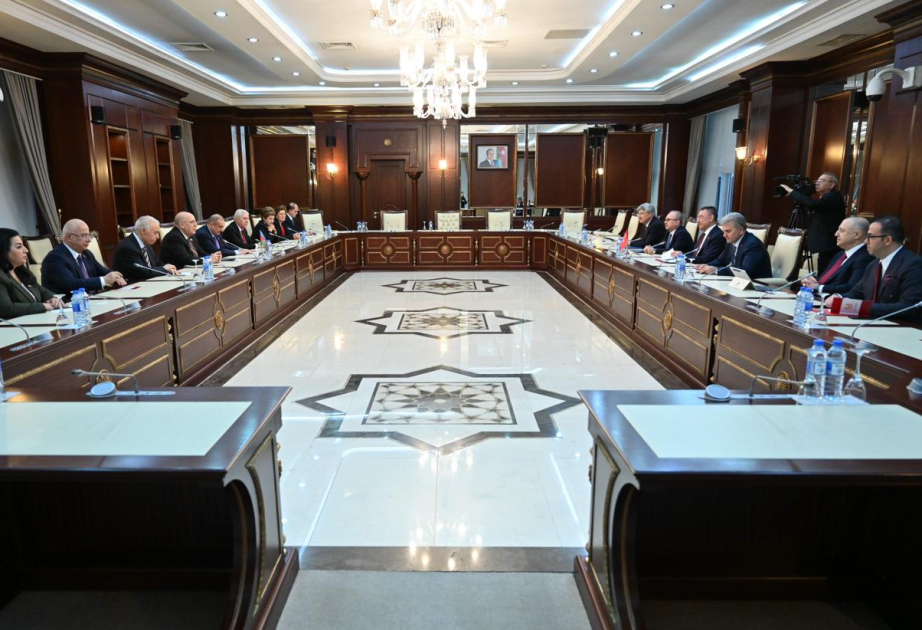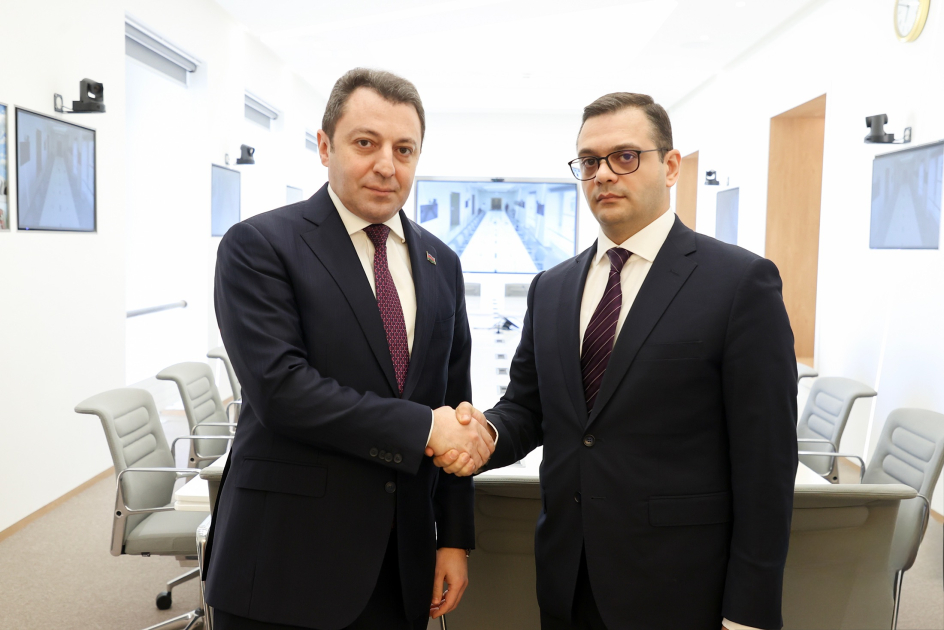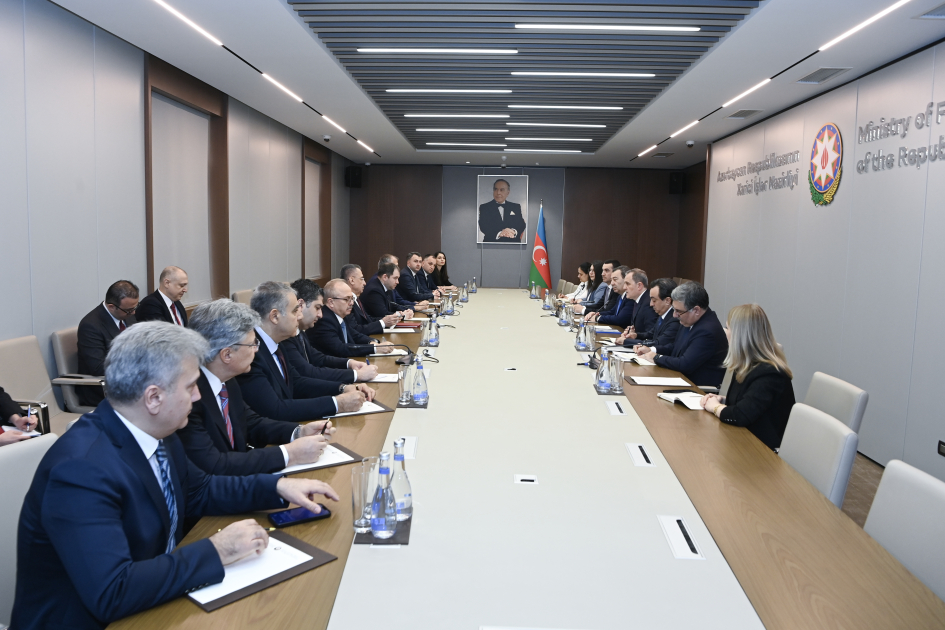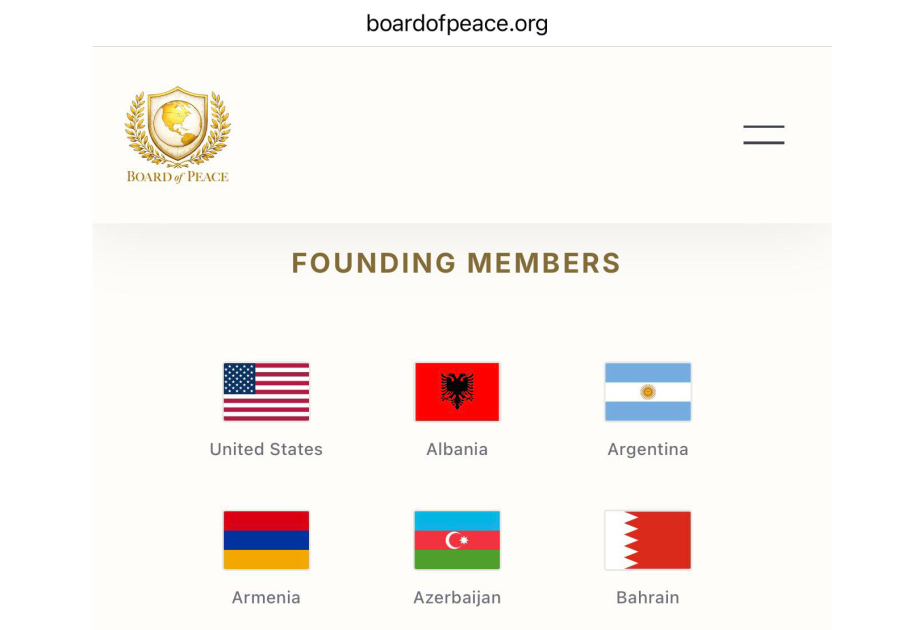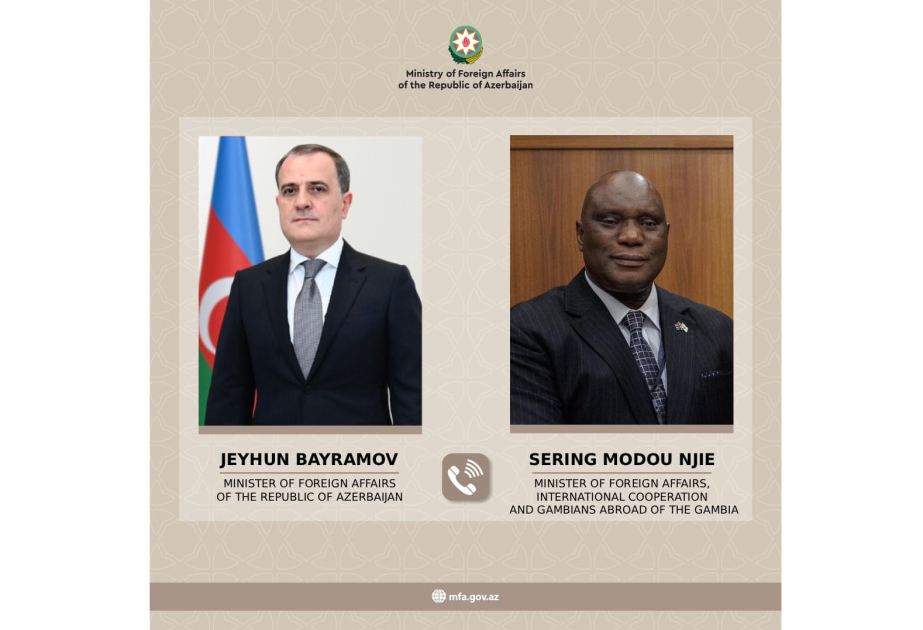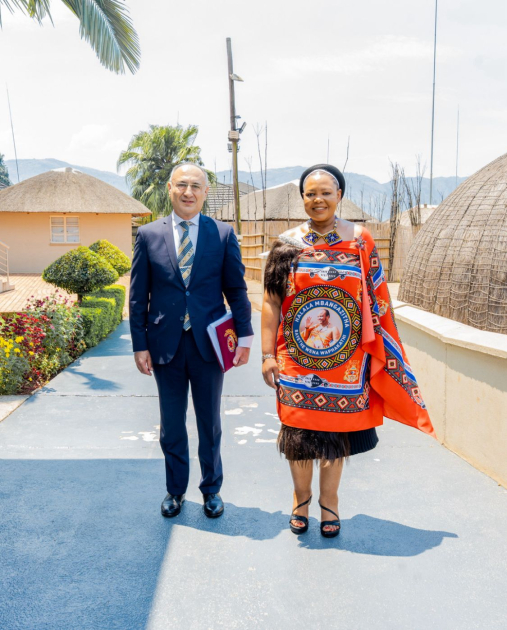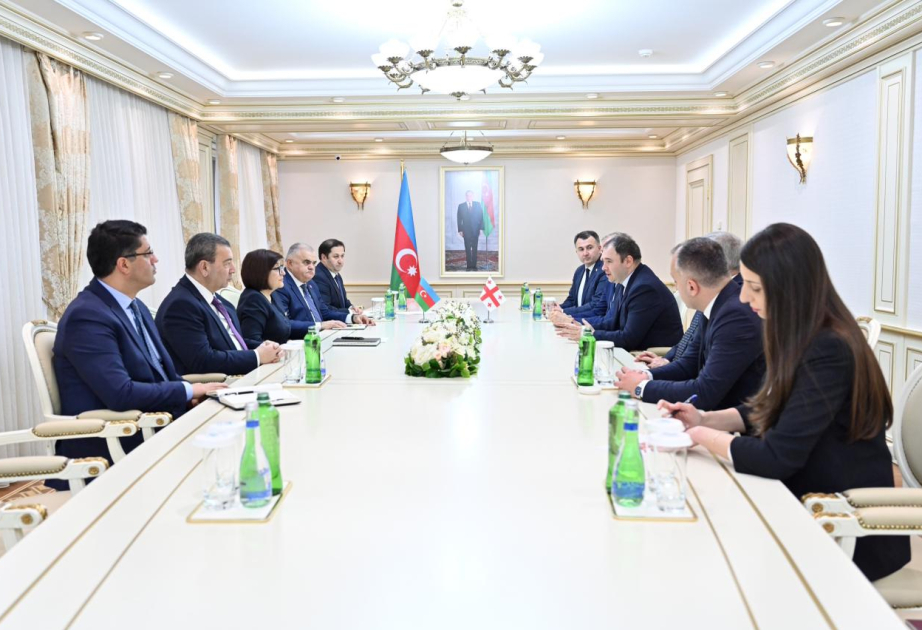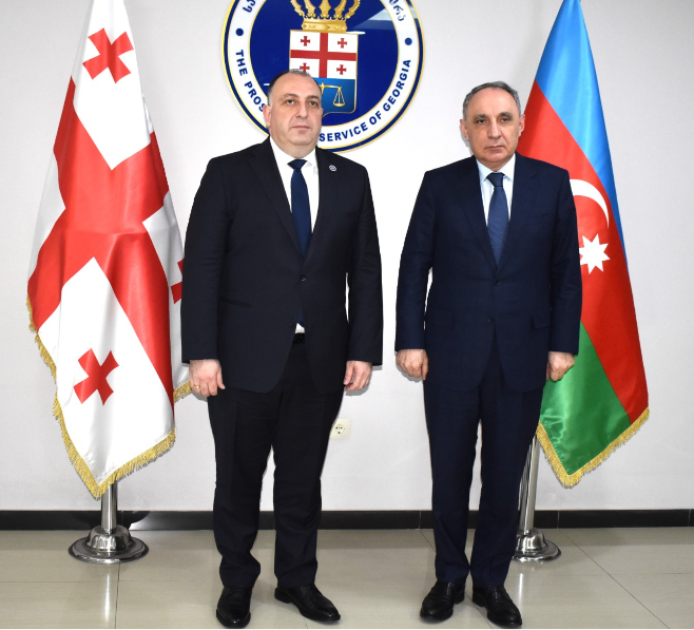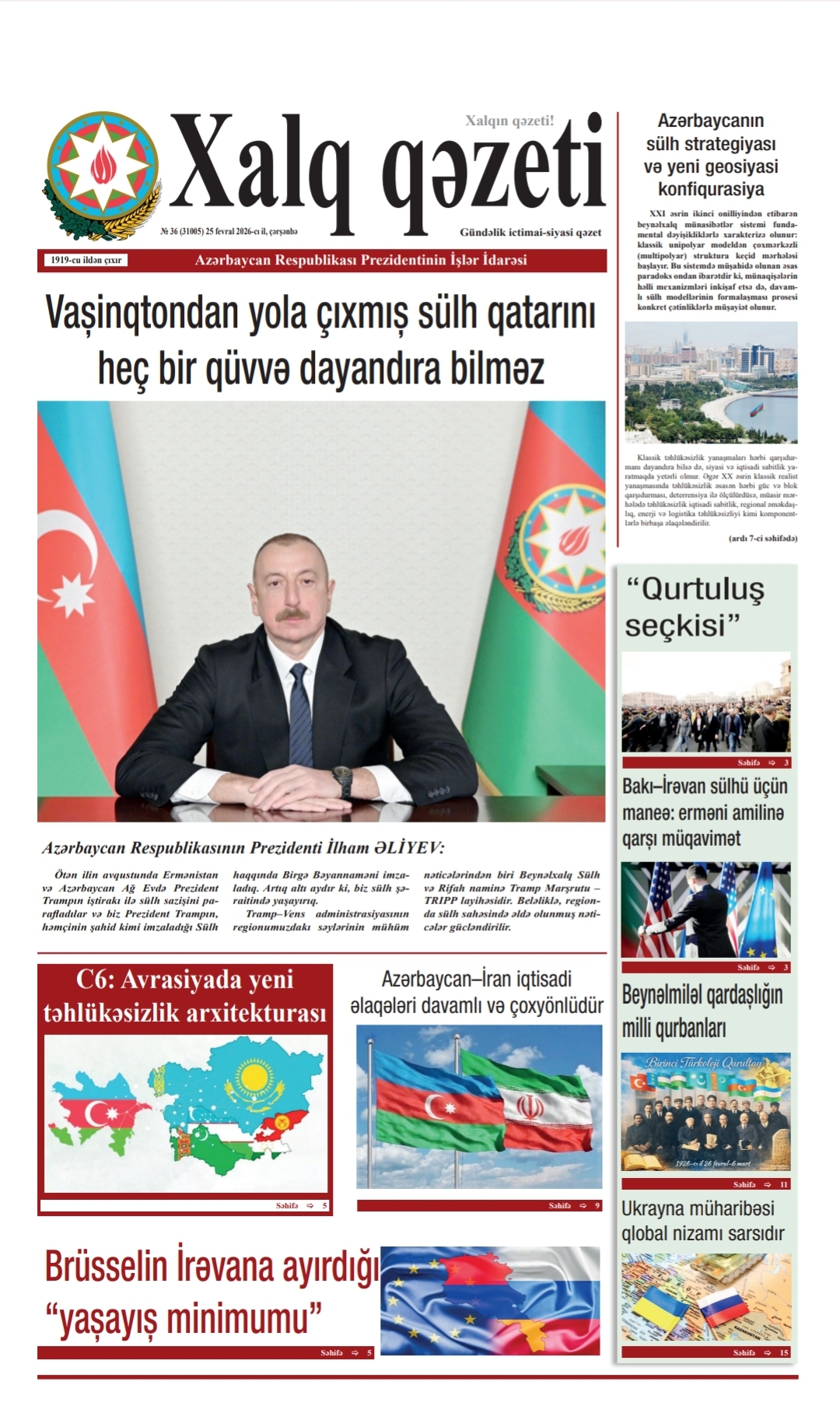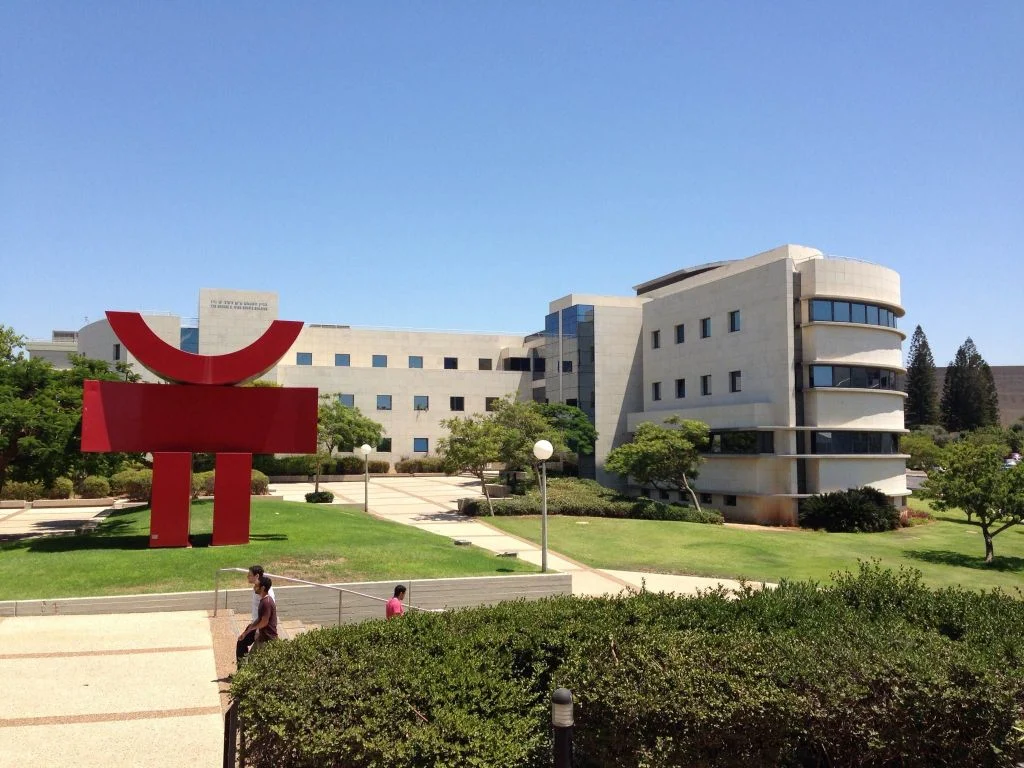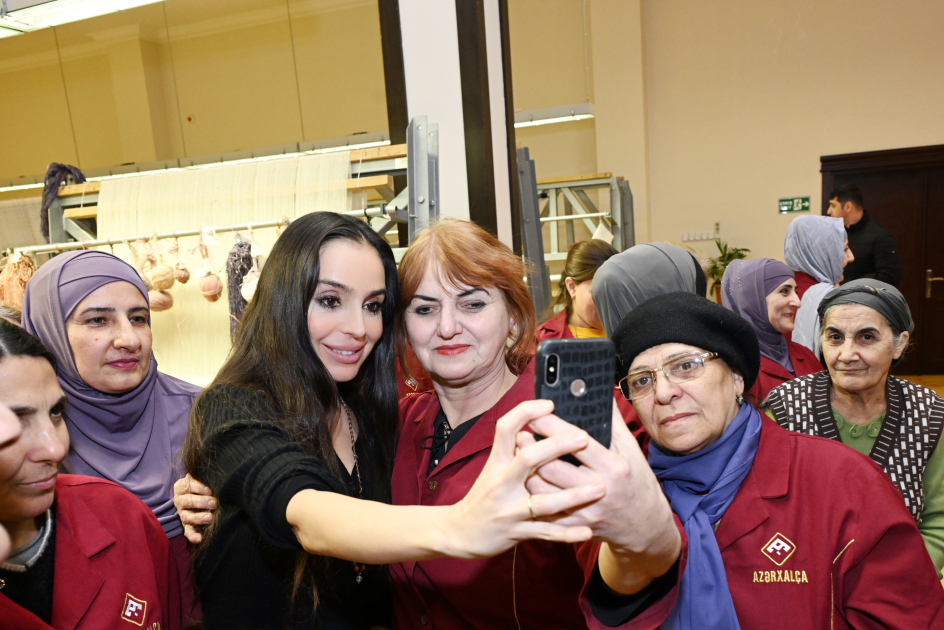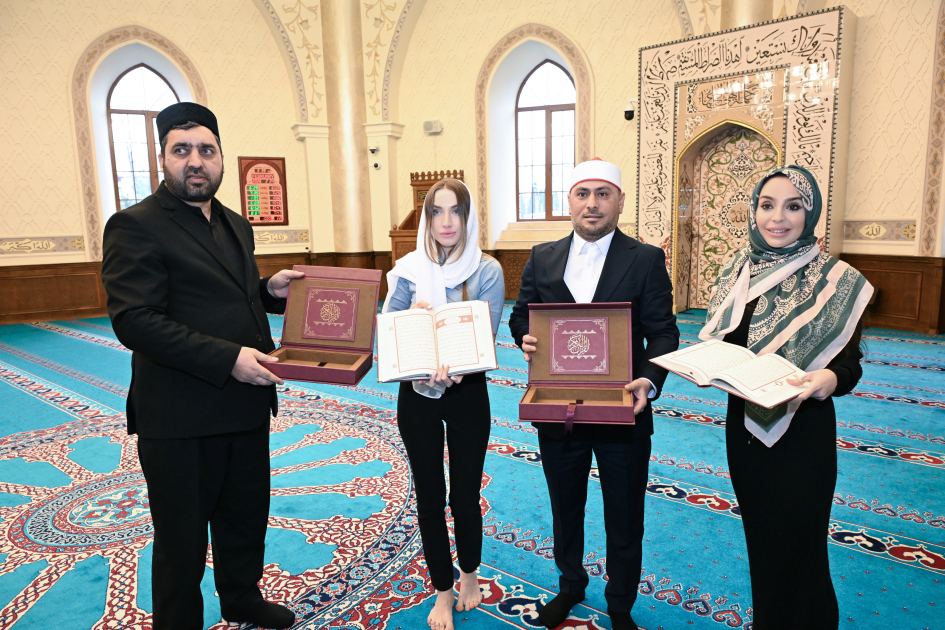During the visit of Turkey's Foreign Minister Hakan Fida to the USA, the issue of the normalization of Armenia-Turkey relations was discussed with Jake Sullivan, US President Joe Biden's national security advisor in Washington. Turkey's unchanging position was reminded again. It was stated that Turkey is ready to establish diplomatic relations with Armenia and open borders.
At the end of 2013, Hakan Fidan said at a press conference with his colleague Jeyhun Bayramov in Baku: "As I mentioned earlier, we do not see any obstacles on the way to normalization with Armenia. We are waiting for the signing of the peace agreement with Azerbaijan. Then there are many technical and some political issues. These are not issues that cannot be solved." In his meeting with US Secretary of State E. Blinken, Fidan stated that Turkey's position has not changed.
Armenia's Foreign Minister Ararat Mirzoyan said in an interview to Turkey's "TRT World" television that they hope that the representatives will meet soon to restart the process. In Yerevan, they believe that a new stage in the normalization of relations between Armenia and Turkey has begun. This possibility is strengthened by the attempts of the representatives of the authorities to make corrections in Armenia's attitude towards Turkey and the fact that the Armenian society does not have a policy of enmity with Turkey.
Can the regulation of relations between Yerevan and Ankara make new contributions to the architecture of stability and security in the South Caucasus? Professor Kemal Cicek, one of Turkey's well-known Armenian scholars, believes that the confirmation of Armenia and Turkey's foreign ministers Ararat Mirzoyanen and Hakan Fida at the meeting in Antalya that they are ready to fully resolve bilateral relations shows that steps forward should be taken. It is clear that there are a number of problems in the direction of regulating relations, but these will not prevent the establishment of bilateral relations. It is necessary for Armenia to abandon its policy against Turkey.
The decision to continue negotiations for the normalization of relations between Armenia and Turkey within the Antalya Diplomatic Forum (ADF) is obvious. Ankara is in favor of meeting and discussing. Sardar Kılıç, authorized representative of Turkey in this negotiation process, offered to meet the representative of Armenia in Yerevan, and the process of negotiations, which had been postponed for 10 months, was started. "Turkey wants to completely normalize its relations with Armenia," Kılıç said at the panel held at ADF. There are some steps we should take into account, but first we need to hold meetings," he said.
Noting that during the contacts in Moscow last year, they agreed on the absence of any preconditions in the process of normalization of relations, Kılıç emphasized that the proposal of the Armenian side to "open the borders to citizens of third countries and persons with diplomatic passports of both countries as a precondition for future meetings" is actually It means that Armenia opposes considering the process as a package. Turkey's position is that all problems should be solved in a complex way in order to achieve the final result
Kılıç said: "I told Ruben many times that I am ready to go to Yerevan for negotiations." I am ready to meet him in Ankara as well." Then he added: "This means we have a problem. We need to meet and talk. If we want to find a solution, the important thing is to meet, and we haven't been able to meet for a year now."
Despite the agreement reached on the opening of the border to citizens of third countries and holders of diplomatic passports, the fact that the Armenian-Turkish border continues to remain closed has damaged mutual trust. Regarding the opening of the border to the citizens of the 3rd country in the spring of 2023, Kılıç informed the Armenian representative that they would like to open it to everyone when the time comes. This means that opening the border to citizens of third countries is not very important. Also, who do they mean by third country citizens? Both Iran and Georgia, which are regional countries, have an open border with Turkey and Armenia, and it makes no sense for them to cross this border through Armenia or Turkey.
As for those with diplomatic passports, these people have no problem crossing the border. Apparently, the issue raised by Armenian officials is not a serious obstacle, the country that really wants to improve relations with Turkey is looking for an excuse to avoid more serious problems.
In response to Kılıç's statement about Armenia putting forward preconditions for negotiations, the special representative of Armenia, Ruben Rubinyan, said that the official Yerevan has not set any preconditions for negotiations. It is interesting that Kılıch suggested to Rubinyan that the next meeting should be held in Yerevan, which was accepted as an invitation of Armenia's representative to his country. Commenting on this proposal, Armenian political scientist Suren Surenyants said: "This is a shame. Rubinyan's invitation to Yerevan means that Turks consider Yerevan a place where they can move freely."
However, Rubinyan does not mention the features that hinder the process of normalization of relations between Armenia and Turkey. In diplomacy, there are things that are not said openly, but can hinder the process as a problem in itself. Armenia declares that Turkey should go to negotiations and normalization measures without putting forward any conditions. But every sane Armenian knows that some problems will arise when the issue is put on the discussion table.
For example, Armenia's 1991 Declaration of Independence claims Turkey's Eastern Anatolia territories, and the 1995 Armenian Constitution's Pleablamus calls some Turkish territories "Western Armenia", a direct territorial claim to a neighboring country, as well as recognition of the so-called "Armenian Genocide" in that document. expressions were included, Mount Ağrı is depicted in the national emblem of Armenia, Turks are presented as "enemies" in the national anthem, etc. All these should be considered as Armenia's political disrespect towards Turkey and are some of the reasons that make the normalization of relations between the two countries impossible. When negotiating with Turkey, what step did Armenia take to renounce that line and ideology? Did he renounce the Declaration of Independence? Is there a way to change the country's Constitution? In fact, during the ongoing negotiations, Armenia did not give up any principle that hindered the adjustment work.
If Armenia, which undertakes to open the Zangezur corridor, which is in Turkey's direct state interest, to connect the western regions of Azerbaijan to Nakhchivan, and to establish communication links with Turkey from there, refuses to do so, what kind of normalization can we talk about with Turkey? In many political issues, Armenia does not show a clear position, it makes mysterious moves. Turkey is also interested in reaching an Armenian-Azerbaijani peace agreement that will ensure lasting peace and stability in the region. It is clearly expressed as the political will of the state. There is still no serious progress in the direction of concluding a peace agreement with Azerbaijan. Rubinyan's statement at the Antalya forum that "we can open the borders today" is nothing but an illusion. It is also an irresponsible statement. Today, there is no state seriousness in the leadership of Armenia and those who have undertaken the process of regulating relations with Turkey.
However, Turkey shows the political will to continue measures to normalize relations with all its neighbors.
Ghafar Chahmaqli,
Correspondent of XQ Turkey


.jpg)

